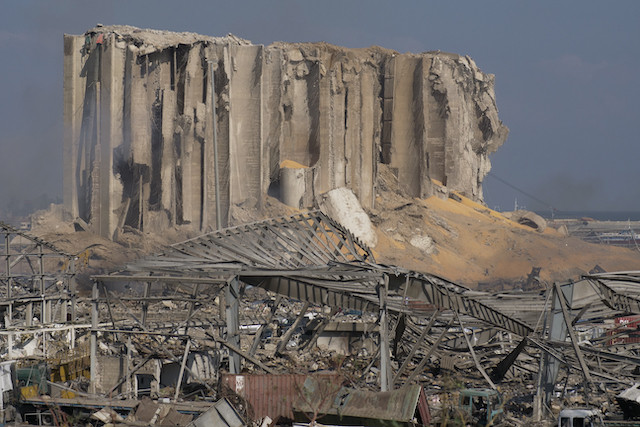Rescue workers have been digging through the rubble looking for survivors after a blast from a port warehouse containing ammonium nitrate rocked the Lebanese city on Tuesday, killing around 137 and injuring over 5,000. According to the BBC, around 300,000 people are thought to have been made homeless as a result of extensive damage caused by the blastwave.
Lebanon president Michel Aoun blamed the blast on 2,750 tonnes of ammonium nitrate that he said had been stored unsafely at a warehouse in the port. The chemical is thought to have arrived on a cargo ship in 2013, which was banned and later abandoned.
The explosion, which was heard as far away as Cyprus, was thought to have been triggered by a fire at Beirut port.
According to a Luxembourg press release issued by the directorate for development cooperation and humanitarian affairs on Thursday, the €100,000 in assistance comes in addition to the €5m that Luxembourg contributed to the Central Emergency Response Fund, which was expected to release financial assistance to Lebanon on Friday.
A staff member from the Luxembourg directorate will join the UN disaster and emergency assessment and coordination expert team being deployed from Thursday. Luxembourg has also offered its support in the context of the European Civil Protection Mechanism.
The EU is meanwhile, is mobilising €33m for emergency needs, medical support and equipment and protection of infrastructure. It is also deploying over 100 highly trained search-and-rescue firefighters, with vehicles, dogs and emergency medical equipment, including through the Lebanese Red Cross, offering additional teams, in particular for chemical, biological, radiological and nuclear detection, as well as a military vessel with helicopter capacity for medical evacuation.
In a Thursday meeting with Lebanon prime minister Hassan Diab, European Commission president Ursula von der Leyen offered the EU’s support to carry out a full needs assessment for the city’s reconstruction and the recovery of the country, as well as support in the discussions with international financial institutions.
She said that this tragic moment for Lebanon should be the occasion to unite all political forces around a national effort to respond to the many challenges the country is facing.
